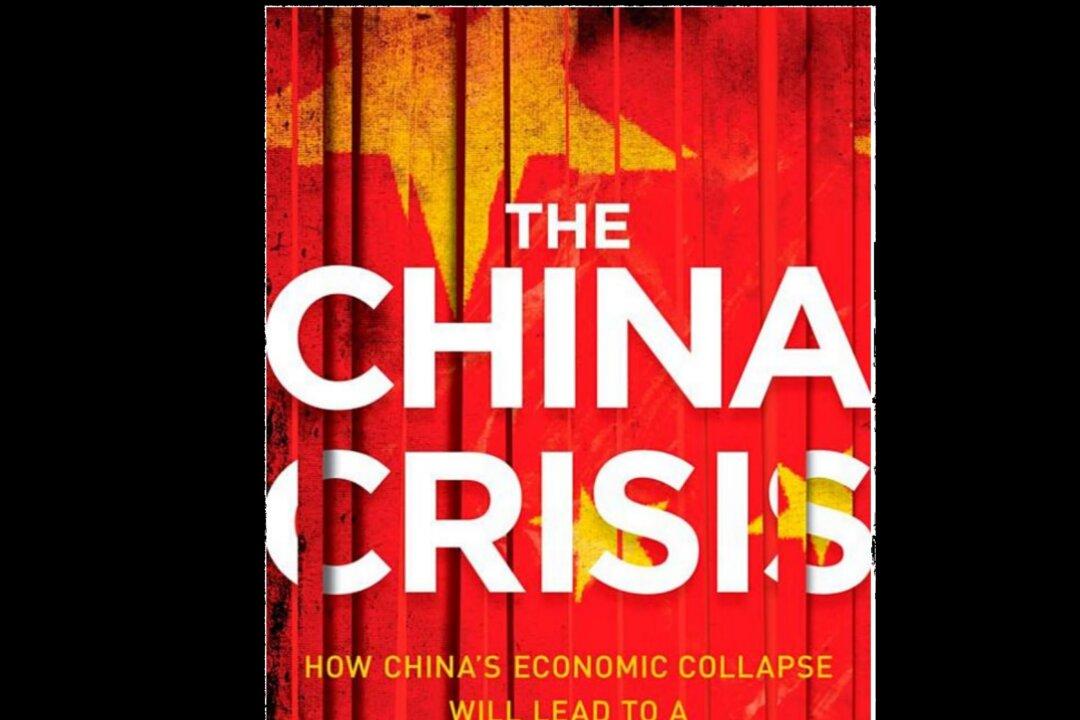James Gorrie chose to start his book “The China Crisis” with a quote, a Chinese proverb.
“Men in the game are blind to what men looking on see clearly.” Written in 2012, the zenith of China’s power and popularity in the world, the book could not have a more fitting opening.





